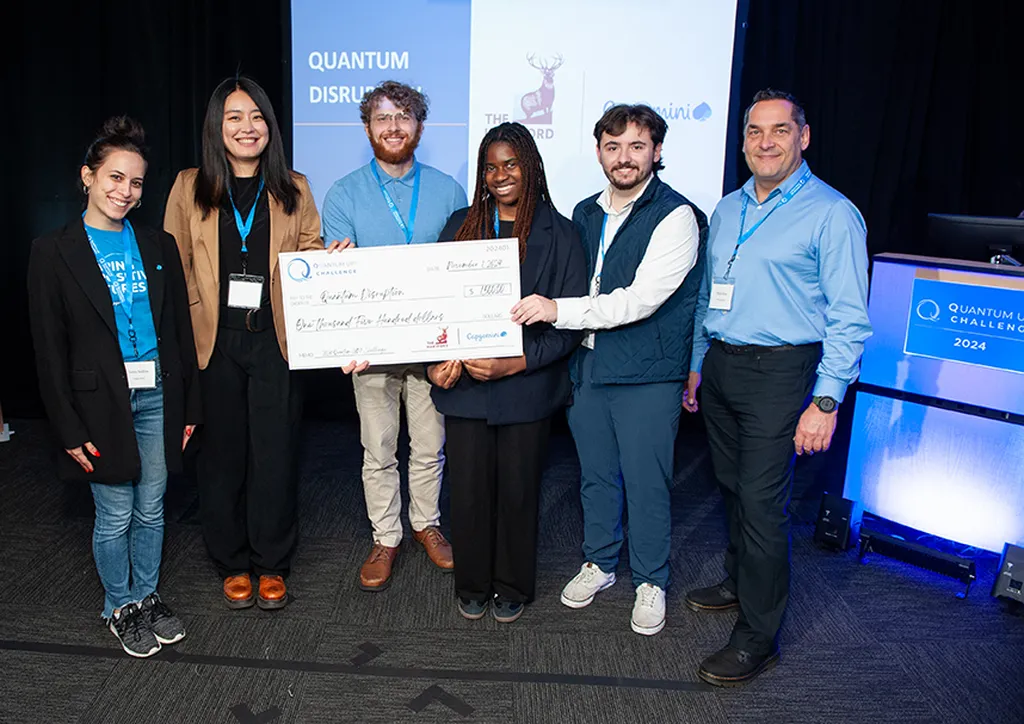In the realm of quantum computing and energy research, a team of scientists from Yale University, including Delmar G. A. Cabral, Brandon Allen, Fabijan Pavošević, Sharon Hammes-Schiffer, Pablo Díez-Valle, Jack S. Baker, Gaurav Saxena, Thi Ha Kyaw, and Victor S. Batista, has made significant strides in developing quantum simulations that could revolutionize our understanding of molecular systems. Their work, published in the journal Nature Communications, focuses on creating more accurate quantum simulations that incorporate both electronic and nuclear quantum effects, moving beyond the traditional Born-Oppenheimer approximation.
The Born-Oppenheimer approximation has long been a cornerstone in quantum chemistry, simplifying calculations by treating the nuclei in a molecule as stationary relative to the much lighter and faster-moving electrons. However, this approximation can lead to inaccuracies, particularly in systems where nuclear quantum effects are significant. The researchers addressed this limitation by introducing a multicomponent unitary coupled cluster (mcUCC) framework. This framework allows for the simulation of molecular systems with both electronic and nuclear quantum effects, providing a more comprehensive and accurate picture of molecular behavior.
To demonstrate the efficacy of their approach, the researchers applied the mcUCC framework to two molecular systems: positronium hydride and molecular hydrogen with a quantum proton. They constructed multicomponent unitary coupled cluster ansätze (mcUCC ansätze) within the nuclear-electronic orbital formalism, which is a method that treats electrons and nuclei on an equal footing. The team analyzed the hardware requirements for different excitation truncations, which are simplifications made to reduce the computational complexity of the simulations.
One of the key challenges in quantum computing is the presence of errors due to the inherent noise in quantum hardware. To mitigate these errors, the researchers employed the Physics-Inspired Extrapolation (PIE) error mitigation protocol. This protocol helps to reduce the impact of errors, ensuring that the computed ground-state energies remain within chemical accuracy, which is the level of precision required for meaningful chemical predictions. The researchers implemented their approach experimentally on IBM Q’s Heron superconducting hardware, demonstrating the practical feasibility of their method.
The results of this study provide the first demonstration of error-mitigated multicomponent correlated simulations on quantum hardware. This achievement outlines a path toward scalable algorithms that unify electronic and nuclear degrees of freedom, paving the way for more accurate and comprehensive quantum simulations of molecular systems. For the energy sector, this research could lead to more precise modeling of chemical reactions and processes, which is crucial for developing new energy technologies, such as advanced batteries, catalysts, and solar cells. By understanding the intricate quantum behavior of molecules, researchers can design more efficient and sustainable energy solutions, ultimately contributing to a cleaner and more energy-efficient future.
Source: Nature Communications
This article is based on research available at arXiv.

